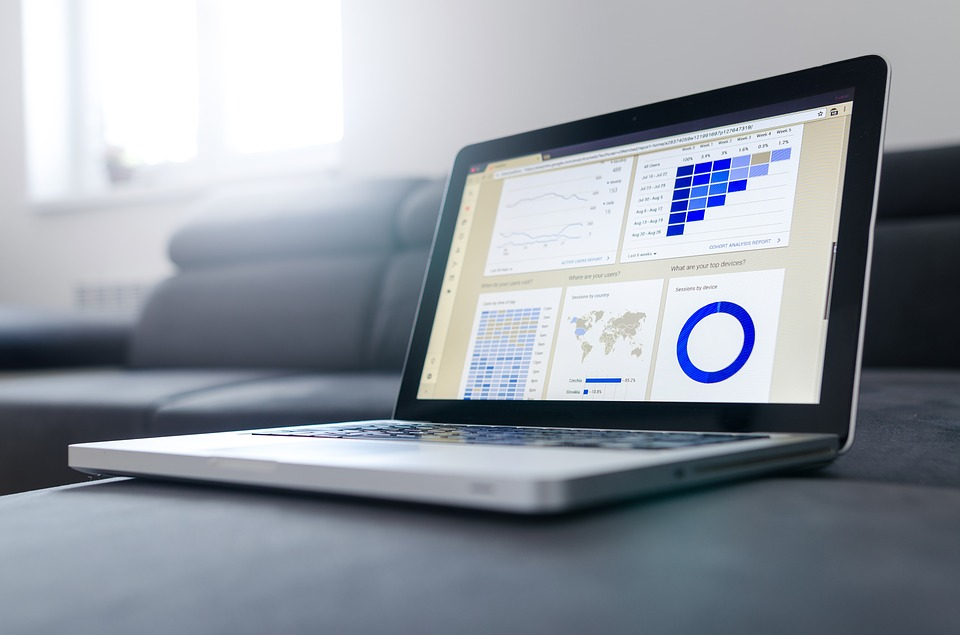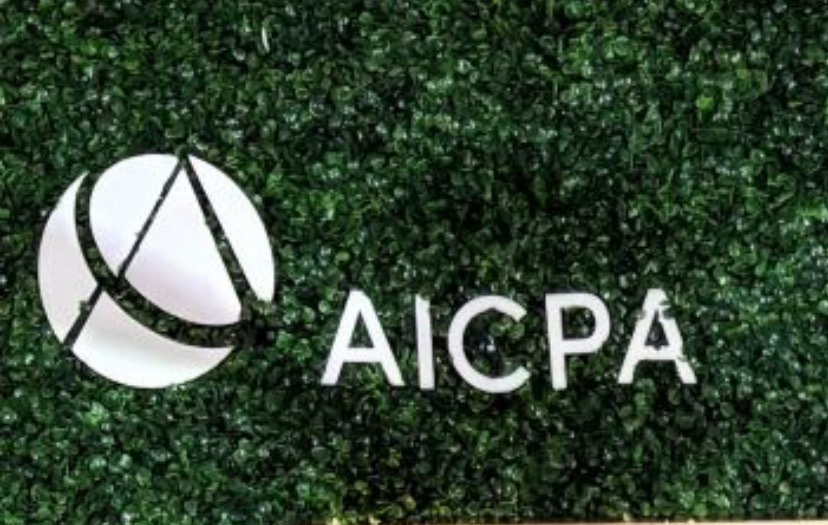As businesses across the world tentatively reopen, many finance and accounting organizations are retroactively assessing their experiences closing the books on a remote basis. For some, this post mortem indicates that virtual accounting may be where the profession is headed.
This is not to suggest that corporate accountants will perform all customary tasks from their homes going forward. But the data-intensive nature of accounting does appear to have made the “mass experiment” in remote work less difficult than other types of labor. This is especially the case for accountants using financial and accounting automation software.
Many companies are looking for ways to decrease the number of employees taking mass transit to corporate facilities at the same time. These organizations and others also are mulling how to stagger the occupancy of people in offices, building elevators and narrow hallways. In this transition, accountants and other employees that perform data-intensive tasks can help, working remotely on a more regular basis.
This makes eminent sense and not just for the health and safety of the workforce. My company’s experience remotely closing the books in the first quarter demonstrated that finance and accounting staff productivity was just as high as it was previously, if not higher. In fact, we were able to close our books at period-end in a scant three days.
Although we have hit the three-day closing mark for several years running now, this past quarter is the first time we pulled it off with the entire staff working from their homes. Given the daily interruptions of spouses, children and other cohabitants sheltered in place, the attainment of a three-day close on an entirely remote basis suggests we’re actually getting better at it.
The Virtual Accountant and Auditor
The keys to our success include our longstanding embrace of remote work, which we’ve supported for more than a decade. Every BlackLine employee at our corporate headquarters outside Los Angeles works from home every other Friday. Finance and accounting staff are accustomed to using their digital devices to communicate their needs to each other and across the enterprise.
In closing the books, we use the same cloud-based automation software to automate internal transactions, accruals and adjustments that we provide on a subscription basis to more than 3,000 companies worldwide. Out competitors likely do the same.
By contrast, businesses that have not automated their financial and accounting processes continue to manually close their books, physically entering data into spreadsheets. When questions over the accuracy of a transaction in a journal entry arise, they rely on face-to-face accountant communications and “tribal knowledge” to put forth the answer. If colleagues are unsure, an email is sent to the business unit that recorded the transaction for verification.
Much time is consumed as the business unit anxiously searches for corroborating evidence supporting the transaction’s accuracy. As the clock ticks toward the period-end close, the urgency increases the possibility of human errors in the financial statement.
Such processes were problematic well before the pandemic reared. With finance and accounting staff working from home, the time consumed and risk of making mistakes increased.
This assumption is based on the problems many audit firms experienced in the first quarter. Like everyone else, auditors, too, worked from their homes. As reported in The Wall Street Journal, many audit firms had difficulty tracking down the evidence needed to sign off on clients’ first quarter financial statements. Undermining their work were confusing document versions used to present the supporting information.
Following the announcement by the Securities and Exchange Commission that it expects clear and accurate disclosures about the future business impact of the coronavirus and “how management is responding to evolving events,” audit firms whose clients still use manual processes to prepare the second quarter financial statement have their work cut out for them.
Manual Processing Miasma
By contrast, an automated period-end financial close in the cloud assists auditors to perform a thorough, speedier and more assured review of the financial statement. For one thing, all transactions in the accounting records, as well as the supporting documents resolving questions over accuracy, are completely transparent. The auditor has visibility into the review notes, a source of enormous auditor frustration, which are digitally stamped as “final,” eliminating version control issues.
Cognizant that many finance and accounting professionals had an uphill climb closing their books remotely with a distributed workforce during the first quarter, we decided to create a resource hub making this task less burdensome in the next period-end. The hub provides an array of articles, whitepapers, webinars, and FAQs focused on overcoming the challenges of a virtual close, and includes insights from finance and accounting transformation leaders at accounting and advisory firm EY.
The “mass experiment” in remote work triggered by COVID-19 is likely to encourage a hybrid remote-physical work environment for the foreseeable future. For accountants and other employees whose primary tasks involve the collection and assessment of huge volumes of transaction data, automation software enables them to execute their tasks efficiently and productively, at home or anywhere, easing all of us back to work safely.
========
Marc Huffman is President and Chief Operating Officer of publicly traded company BlackLine, a provider of financial and accounting automation software solutions.
Thanks for reading CPA Practice Advisor!
Subscribe Already registered? Log In
Need more information? Read the FAQs




